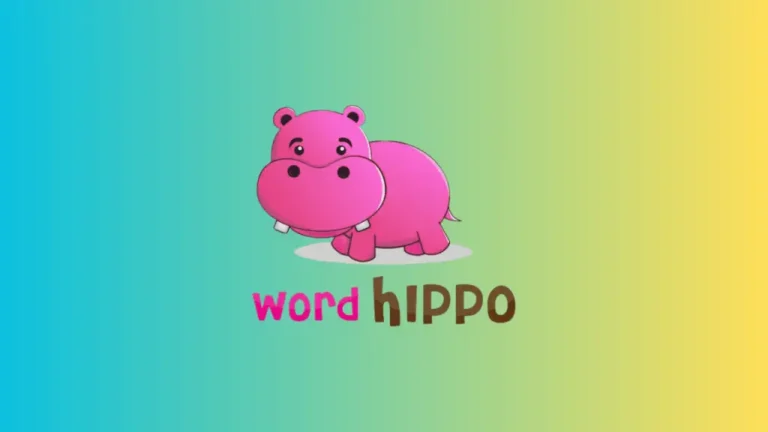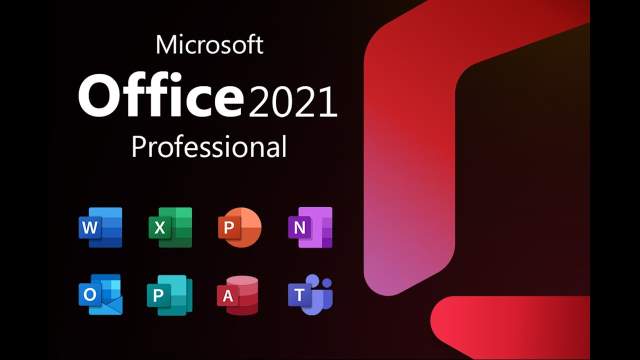The Correct Spelling Is “Tongue,” Not “Tounge”
Have you ever encountered the misspelling “tounge” instead of “tongue”? It’s a standard error that often slips through the cracks, leaving many wondering about the correct spelling of this vital organ in our mouths. Let’s dive into the world of words and explore why it’s crucial to get it right.
Introduction
Spelling plays a pivotal role in effective communication in the vast language landscape. Correct spelling ensures that our messages are clear, precise, and free from confusion. Unfortunately, the misspelling “tounge” has become a frequent blunder, causing perplexity and communication breakdowns.
Tongue: Definition and Function
“tongue” refers to our mouths’ remarkable fleshy, muscular organs. Beyond its role in helping us savor the flavors of our favorite foods, the tongue plays a crucial part in swallowing and articulating sounds, forming the bedrock of human communication.
Common Misspelling: “Tounge”
Despite its familiarity, the misspelling “tounge” persists. It’s not just a simple typo; it reflects a common misconception of the word’s pronunciation. But fear not; we’re here to unravel the mystery behind this linguistic quirk.
Pronunciation Influence
The pronunciation of “tongue” often leads to the misspelling “tounge.” The similarity in sound can confuse even the most attentive writers. Explore the intriguing relationship between pronunciation and spelling and uncover other linguistic pitfalls.
Impact on Written Communication
Misspelling “tongue” might seem innocuous, but its consequences can be profound. From casual conversations to formal documents, the error can alter the intended meaning and create confusion. Let’s delve into examples that illustrate the importance of accurate spelling.
Spelling Rules and Guidelines
To navigate the labyrinth of English spelling, it’s essential to understand the rules and guidelines governing our language. We’ll explore the general principles and exceptions and offer practical tips to help you avoid stumbling over words like “tongue.”
Language Evolution and Changes
Languages evolve, and so do their spellings. We’ll take a historical perspective on language evolution, exploring how pronunciation and usage changes influence how words are spelled.
Educational Approaches
Improving spelling skills requires education and awareness. We’ll discuss practical strategies for enhancing linguistic proficiency and the broader implications of linguistic education.
Cultural Significance of Language
Language reflects culture, and preserving linguistic accuracy is vital for maintaining cultural richness. We’ll explore how language shapes our understanding of the world and contributes to the diversity of human expression.
Language Technologies and Spell Checkers
In the age of technology, spell checkers play a crucial role in preventing spelling errors. However, they could be more foolproof. We’ll examine the limitations and challenges of relying solely on automated tools.
Commonly Confused Words
“Tounge” is not the only word confusing. We’ll explore a list of commonly confused words, offering tips to differentiate between similar-sounding terms and enhance your overall spelling proficiency.
Learning from Mistakes
Making mistakes is a natural part of the learning process. We’ll discuss the positive aspect of recognizing and correcting spelling errors, encouraging a mindset of continuous improvement.
The Humor in Spelling Mistakes
To lighten the mood, let’s take a humorous look at famous examples of spelling mistakes. After all, even the most skilled wordsmiths occasionally find themselves at the mercy of a tricky word.
Conclusion
In conclusion, the correct spelling is “tongue,” not “tounge.” The nuances of language demand our attention, and mastering spelling is a journey worth undertaking. Let’s celebrate the beauty of words and strive for linguistic excellence in our daily communication.
FAQs about “Tongue” and Spelling
Why do people often misspell “tongue” as “tounge”?
The confusion often arises from the word’s pronunciation, leading to the misconception that it should be spelled with a “u.”
Are there other words commonly confused with “tongue”?
Yes, several words share a similar fate. Exploring commonly confused words can enhance overall spelling skills.
How can I improve my spelling proficiency?
Education, practice, and a keen awareness of spelling rules contribute to improving spelling proficiency over time.
Do automated spell checkers catch all spelling errors?
While helpful, spell checkers have limitations. It’s crucial to complement automated tools with manual proofreading.
Are there any humorous examples of famous spelling mistakes?
Absolutely! Spelling mistakes can sometimes lead to amusing situations. We’ll explore a few famous examples for a good laugh.







